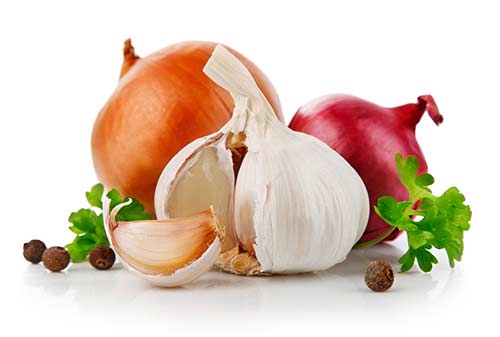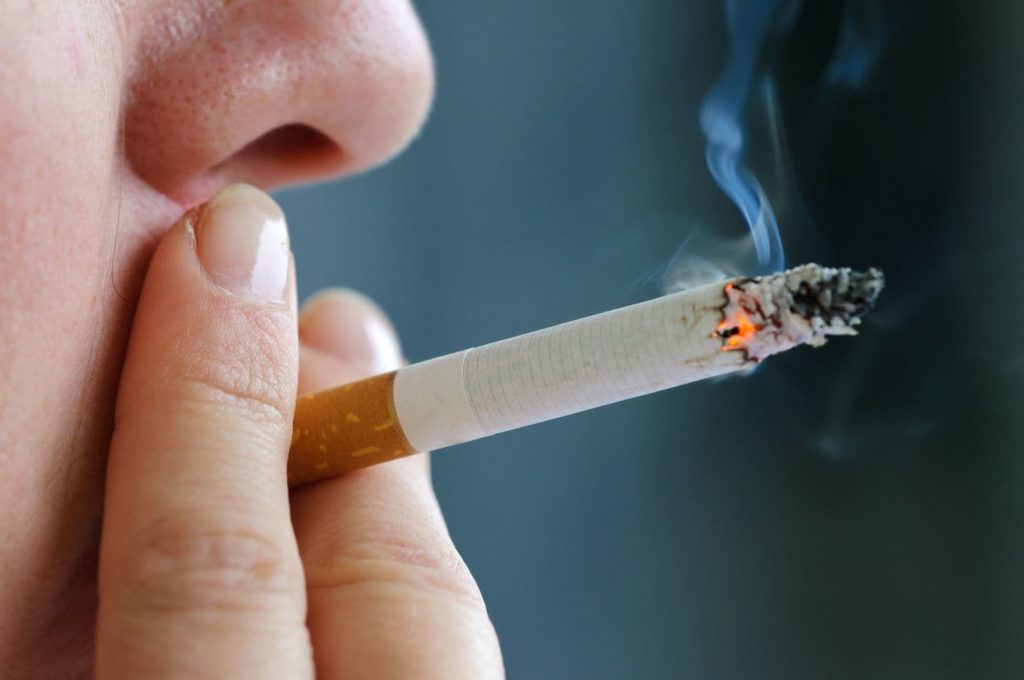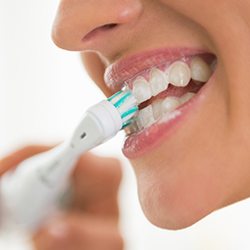What causes bad breath?
 Bad breath, also called halitosis, is very common and we’ve all experienced it at one time or another. Knowing and understanding what causes bad breath is important to preventing and treating bad breath.
Bad breath, also called halitosis, is very common and we’ve all experienced it at one time or another. Knowing and understanding what causes bad breath is important to preventing and treating bad breath.
What Causes Bad Breath?
There are a variety of factors that cause bad breath and it could be one or a combination of a few that specifically affect an individual.
 Food and Drink
Food and Drink
Some of the foods we eat can give us bad breath. A few of the big offenders are garlic, onions, coffee, tuna, curry, and alcohol. These foods on their own can cause temporary bad breath. Eaten daily or every few hours will increase the smell of our breath. Avoiding these foods will help prevent bad breath. When we can’t avoid these foods it is recommended to brush your teeth, chew sugar free gum, and use mouthwash after eating. After eating our mouths also become very acidic. It is important to allow time for saliva to wash away the food and reduce the acid. Followed by proper brushing/flossing to remove any food particles/debris.
Cigarette smoking
Tobacco in cigarettes and other chemicals cause smoker’s breath. Smoking also causes dry mouth which allows sulfur producing bacteria to flourish and cause additional bad smells. Smokers also tend to have more plaque and tartar build up and gum disease, which also causes bad breath.
Dental Issues- Cavities/Gum Disease
Cavities and gum disease are caused by bacteria in our mouths. The bacteria produce acid which causes these dental issues. The acids produced result in bad breath as well. Dental infections or abscesses also cause a distinct bad smell due to the high number of bacteria and byproducts they produce.
Dry Mouth
Dry mouth is caused by a number of factors and results in bad breath. Reduced amount of saliva allows bacteria to flourish and produce byproducts that smell. Reduced saliva and therefore dry mouth can be caused by medications, mouth breathing, dehydration or smoking. Some medical conditions can also cause dry mouth. It is important to keep the mouth moist and allow natural saliva to protect from overload of bacteria.
How to Prevent Bad Breath
Taking into account all the possible causes we first need to avoid food that causes distinctly bad smells, quit and avoid smoking, keep a moist mouth, and see the dentist for regular checkups and cleanings. It is most important to keep good oral hygiene practices, which includes brushing and flossing 2x/day and use mouth wash. Also, to visit the dentist regularly to prevent and treat any cavities or dental infections and remove plaque buildup.
